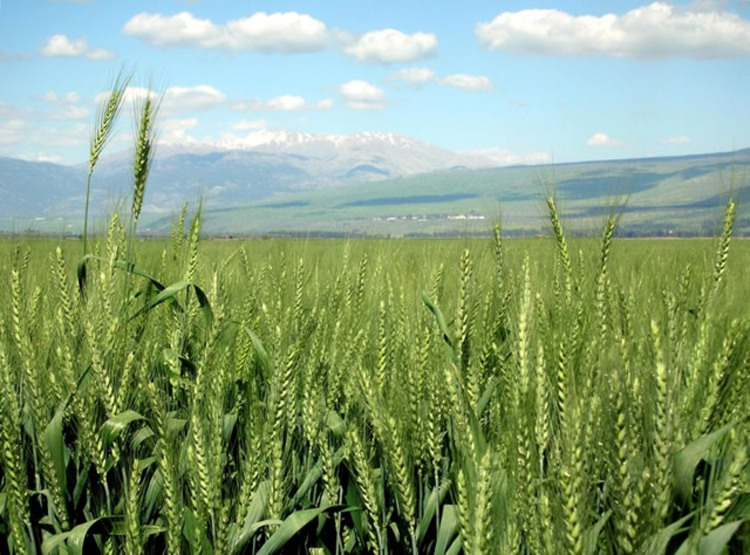
The Sunday Mail

Livingstone Marufu
Government has projected the winter wheat hectarage to increase from last year’s 3 000 to 50 000ha in 2016 on the back of readily-available bank loans and affordable water and electricity.
At its peak, the crop topped 325 000 tonnes, but plumetted to 158 tonnes between 2008 and 2014 as farmers fled its outrageously high production costs.
One has to expend roughly US$2 600 per hectare while raking in US$1 520 at a price of US$380 per tonne.
Comparatively, it costs US$500 to produce a hectare of maize, with an average farmer harvesting five to six tonnes.
Tobacco is grown at US$1 300 per hectare, earning as much as US$2 367 for that outlay.
The high wheat production costs have seen people opting to import at US$360 per tonne.
Agriculture, Mechanisation and Irrigation Development Deputy Minister (Cropping and Irrigation) Davis Marapira told this paper that authorities had arranged incentives like bank loans, preferential water and power tariffs and a producer price of US$500 per tonne for 2016.
“Wheat production is expected to bounce back in a big way as we are tackling all major impediments. We are happy the Zimbabwe National Water Authority has halved water charges while Zesa has provisionally agreed to do the same with electricity tariffs.
“A huge chunk of the US$1 billion allocated to farmers late last year is still available. That money was not exhausted as many farmers did not plant due to the El Nino phenominon that threatened agriculture time and again.”
He went on: “With financial inclusion and the Agricultural and Rural Credit Policy now taking centre stage, small-scale farmers can get bank loans without collateral.
“We have pegged the winter wheat producer price at US$500 per tonne, with private buyers only offering US$360 to US$380. The possibility of earning US$3 000 per hectare is now there.
“We have been encouraged and propelled by the recent rains that have filled most of our water sources to full capacity. Thus we are heading for a good season.”
Zinwa chief executive Mr Jephter Sakupwanya chipped in, “Following our discussions with Government, we reduced the water charge from US$6 for every one million litres to US$2. There is a prospect of reducing this to US$1 as part of our support for winter wheat production.”
Zimbabwe Commercial Farmers’ Union president Mr Wonder Chabikwa said winter wheat could rebound with the proposed incentives.
“We still don’t have the competitive advantage of producing winter wheat and our selling prices are too low. Other countries grow summer wheat and that crop is way cheaper (to produce).
“However, many farmers might consider growing wheat this winter if water and electricity tariffs are slashed before the end of April 2016, the producer price is US$500 per tonne and the Reserve Bank of Zimbabwe’s financial inclusion strategy applies to everyone.”
But agronomist Mr Peter Gambara said: “There is no competitive advantage as our farmers do not break even. It’s not worth it to waste a great deal of time and resources on trying to produce a crop that we know is no longer within our reach.
“Instead, we should save that money for cash crops like tobacco that contribute to national revenue. We urge Government to focus on summer wheat.”



